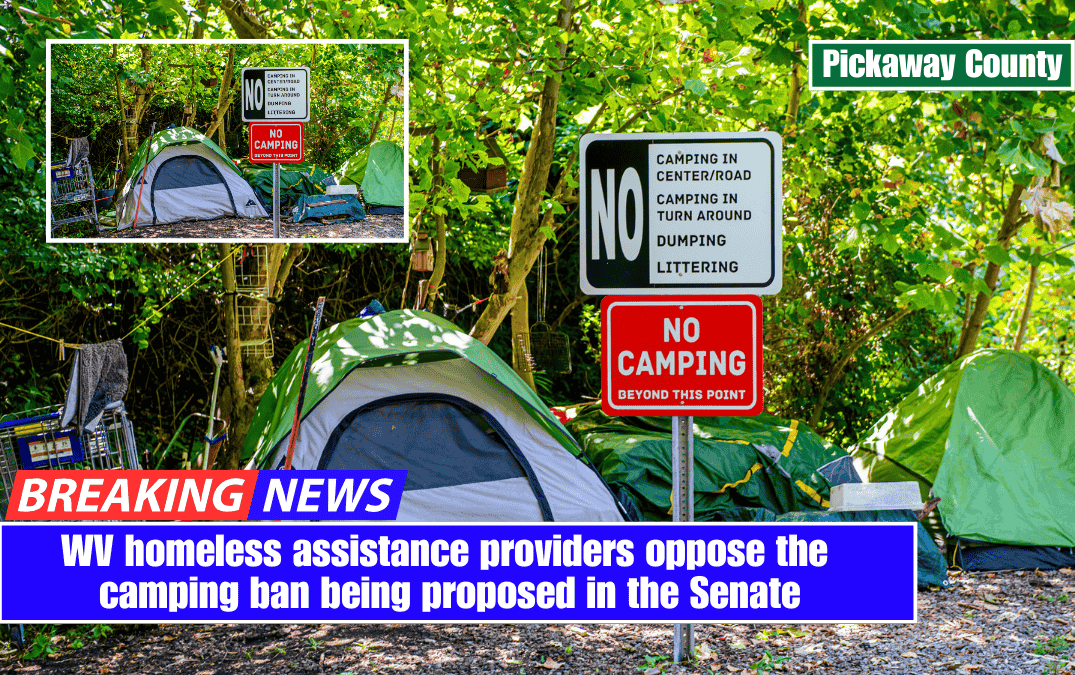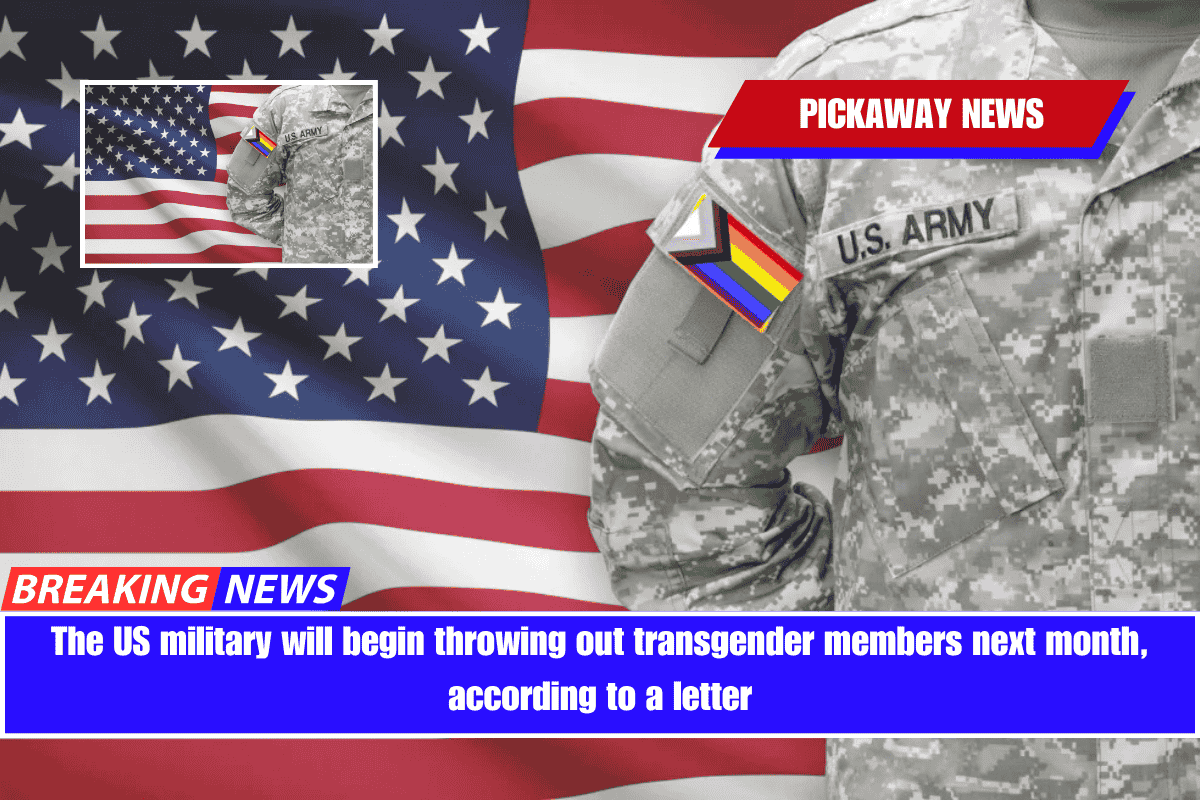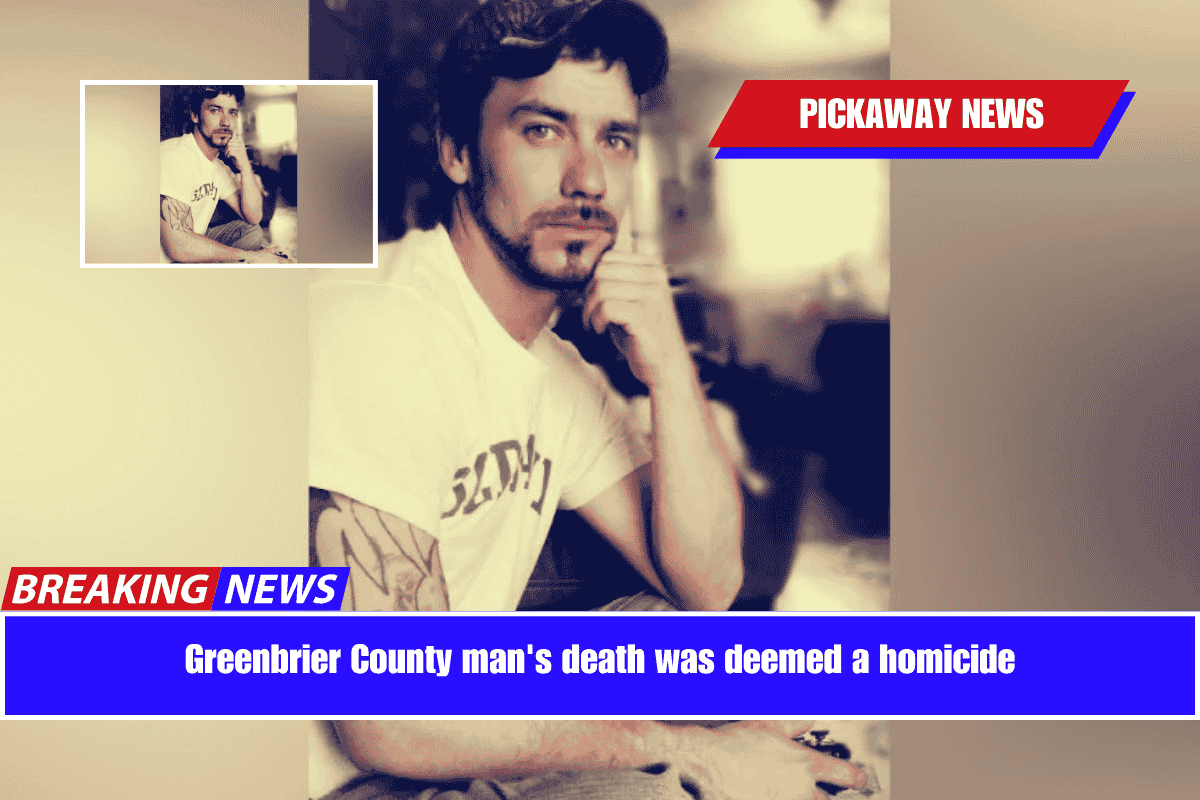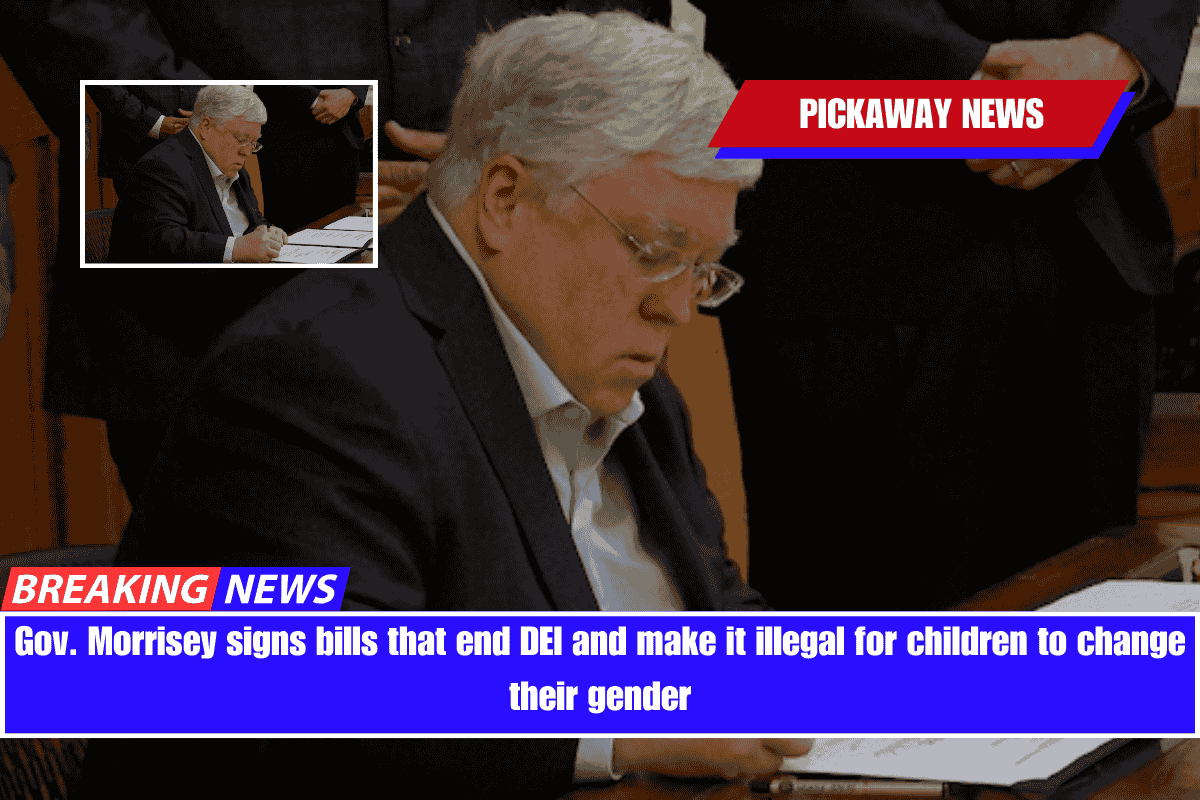A sign in Wheeling, West Virginia’s only legal camping area, outlines the site’s rules and boundaries. The West Virginia Senate is considering legislation that would prohibit camping on public property throughout the state.
The West Virginia Senate is considering legislation to prohibit homeless people and others from “camping” on public property across the state. Homeless service providers argue that the resources required to enforce such a ban would be better spent on expanding the state’s emergency shelter network and affordable housing.
House Bill 2382 would make camping or storing personal belongings on streets, parks, trails, or other public property punishable by up to $500 in fines or 30 days in jail. It defines camping as the use of backpacks, sleeping bags, blankets, and other equipment.
The legislation has already been approved by the House of Delegates. The Senate Judiciary Committee last week amended the bill to allow law enforcement to refer people to shelters, mental health, or addiction services rather than imposing a penalty.
Due to calendar management, the bill was referred to the Senate Rules Committee for second reading on Tuesday, according to a Senate spokeswoman.
Mark Phillips, president and CEO of Catholic Charities West Virginia, which provides homeless services throughout the state, including an emergency shelter in Morgantown and a day shelter in Wheeling, testified last week that, while the legislation allows law enforcement to inform people about resources for finding shelter, the state does not have enough emergency shelter beds to accommodate every homeless person.
He said the state has about 600 emergency shelter beds during the winter and about half that number during the warmer months.
The 2024 Point in Time count counted approximately 1,800 homeless people, both sheltered and unsheltered.
During an interview, Phillips stated that his main concern with the bill is that it seeks to conceal homelessness rather than address the underlying causes.
“The primary concern just seems to be getting people who are experiencing homelessness off a street or park or wherever, and moving them somewhere, even if that doesn’t help the root cause of the problem,” he told me.
According to the state Division of Corrections and Rehabilitation, it costs approximately $20,000 per year to jail someone. Phillips stated that funding shelters would be more cost-effective.
“These shelters are specifically structured to help people move back toward housing, whether that’s counseling toward treatment, counseling toward mental illness, or breaking down barriers to housing, whatever it is, that’s what these places do,” he told me.
“Putting people experiencing homelessness into a prison system, which we know does not work for them, only serves to exacerbate the problem. These people would just end up back on the street, and now they have an extra thing on their record.”
The bill would shift the cost of enforcement to cities and counties, when it could be used to fund housing initiatives, he said.
The two emergency shelters in Charleston remain full, according to Traci Strickland, executive director of the Kanawha Valley Collective, a continuum of care that serves Kanawha, Clay, Boone, and Putnam counties.
“I’m sure this morning, like every other morning, we had people line up at our centralized assessment office to try to get a bed in shelter, and they’re going to be told that there aren’t beds available, that the beds are full,” Strickland told me.
Aside from a lack of shelter beds, Strickland says people have a difficult time finding and securing affordable housing due to their history of homelessness and mental illness.
“We have individuals experiencing homelessness that want to be in shelter or want to be housed, and we have agencies that are working really hard to make that happen, but there are barriers every step of the way,” she told me.
Homelessness is also exacerbated by a state-wide shortage of affordable housing units, according to providers.
According to the National Low Income Housing Coalition’s most recent analysis, West Virginia has a shortage of approximately 25,000 low-income housing units.
“Criminalizing homelessness is a harmful policy that not only fails to address the root causes of homelessness, but also exacerbates economic challenges in rural communities and states,” said Lauren Frederick, the West Virginia Coalition to End Homelessness’ continuum of care director.
“Focusing on criminalization ignores long-term solutions like affordable housing, mental health care and job programs, which are more effective and cost-efficient,” according to her. “Investing in affordable housing and support services is a more compassionate, sustainable and cost-effective solution to homelessness.”
While homeless providers generally do not view encampments as an ideal situation for communities or the people who live in them, Frederick stated that there is a cost-effective, humane way to dismantle an encampment, which includes providing access to permanent housing resources and giving those living there proper notice to arrange for the removal of their belongings.
“Criminalizing homelessness does not address the underlying causes of homelessness. “It simply adds more barriers for people to overcome in order to get out,” said Ashley Hawkins, director of community relations for the West Virginia Coalition to End Homelessness.
Homeless people are unlikely to be able to pay the fine associated with the offense, and criminal offenses on a person’s record can prevent them from receiving housing assistance and deter landlords, she said.
“Adding barriers to people is never going to help solve the problem,” Hawkins told reporters. “What would help solve the problem is if there was a little more emphasis on long-term housing situations, mental health, job programs, and other initiatives that address some of the root causes. This doesn’t.”
Since the U.S. Supreme Court upheld a camping ban in Grants Pass, Oregon last summer, dozens of local governments across the country have enacted similar legislation as they grapple with record levels of homelessness and a lack of affordable housing.
Last year, West Virginia cities such as Morgantown, Clarksburg, Bluefield, and Princeton banned camping. Residents of Morgantown successfully petitioned to have the ban reconsidered. The issue is expected to be resolved during the city’s election next month.
Del. Geno Chiarelli, R-Monongalia, the lead sponsor of House Bill 2382, stated that he introduced the legislation in response to the possibility of Morgantown’s camping ban being lifted.
Proponents of camping bans argue that encampments impede economic development and discourage people from using public parks and spaces.
According to an attorney for the Senate Judiciary Committee, if House Bill 2382 becomes law, municipalities will be able to authorize camping in specific areas within their jurisdictions.
Senate Judiciary Chairman Mike Stuart, R-Kanawha, stated that House Bill 2382 is not only intended for homeless people but could also be used during anti-Israeli protests.
“This would apply, you see these outrageous pro-Hamas demonstrations that are violent in places like New York,” Stuart replied. “This would apply there, where some of those violent radical groups are camping and disrupting the peace.” It would apply.










